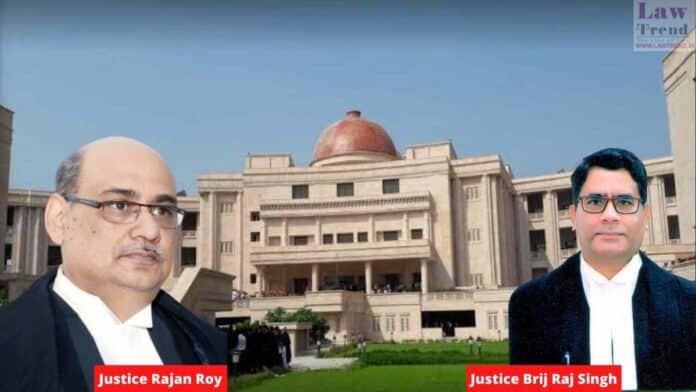The Allahabad High Court’s Lucknow Bench, comprising Justice Rajan Roy and Justice Brij Raj Singh, delivered a significant judgment on October 25, 2024, emphasizing the urgent need for timely disposal of applications under Section 14 of the SARFAESI Act, 2002. In the case Bank of Baroda vs. State of Uttar Pradesh and Others (WRIT-C No.
To Read More Please Subscribe to VIP Membership for Unlimited Access to All the Articles, Download Available Copies of Judgments/Order, Acess to Central/State Bare Acts, Advertisement Free Content, Access to More than 4000 Legal Drafts( Readymade Editable Formats of Suits, Petitions, Writs, Legal Notices, Divorce Petitions, 138 Notices, Bail Applications etc.) in Hindi and English.




